#Surveys
Consumer Reports Lists Least/Most Expensive Car Brands to Maintain
With the average vehicle now older than ever before and fewer people capable of spending the kind of money required to purchase a brand-new automobile, maintenance has become even more relevant. To that end, Consumer Reports has furnished an analysis on just how much each nameplate is likely to set you back in terms of upkeep over its lifespan.
Study Suggests Automakers Lose $6,000 On Each EV Sold
A new study is claiming that automakers lose an average of $6,000 for every $50,000 electric vehicle they sell. Boston Consulting Group, an American-based global management consulting firm that issued the report, said the figure accounts for customer tax credits — painting a rather bleak picture for the future of EVs.
What Kind of Cars Do Women Actually Want?
On International Women’s Day, the Kia EV9 was announced as the “Supreme Winner” of the Women's Worldwide Car of the Year (WWCOTY) 2024. However, saying that this is the vehicle women most desire — let alone are willing to spend money buying — is probably a stretch.
Survey Shows Auto Dealers Still Annoyed With Biden EV Strategy
A recent survey, conducted by Automotive News, has indicated that automotive dealerships are still broadly dissatisfied with the Biden administration’s strategy to force the United States to pivot toward all-electric vehicles. According to the 2024 Dealer Outlook Survey, 83 percent of respondents said the government was pushing the transition toward EVs too quickly and mucking up the auto market.
Consumer Reports Says EVs Less Reliable Than Traditional Automobiles
Consumer Reports has concluded its annual car reliability survey and the resulting data for 2023 has not been kind to all-electric vehicles. For 2023, CR reported that EVs had 79 percent more problems than automobiles that use internal combustion. Plug-in hybrids were even worse with 146 percent more issues. However, standard hybrids actually outperformed every other group with 26 percent fewer problems than vehicles wholly reliant on gasoline.
Survey Breaks Down EV Preferences By Politics and Ethnicity
A recent opinion survey has attempted to break down the public interest in all-electric vehicles based on key demographics. While the results were largely predictable, there were some novel takeaways that could be of interest to automakers hoping to market the vehicles. The data also shows how trends may be shifting, with the prognosis being less than ideal for EVs.
J.D. Power Survey Finds Quality Control Has Fallen Into the Abyss
J.D. Power has released its Initial Quality Study for 2023 and the big takeaway seems to be that the automotive industry continues to fumble. While manufacturers are bending over backward to implement novel technologies and features, last year’s survey revealed that customers felt vehicular quality reached its lowest level in more than three decades.
It’s even worse this year.
QOTD: Feeling Satisfied?
We've featured the winners and losers of the J.D. Power survey that involved electric vehicles. I have a broader question based on these posts.
J.D. Power Reports EV Satisfaction, Nissan & Polestar Trail Pack
We posted yesterday about the J.D. Power survey which ranked electric vehicles based on the ownership experience. While that post detailed vehicles which sat atop the podium, we’ll now flip the script and write about models which brought up the rear.
J.D. Power Survey Suggests Public EV Charging Getting Worse
Over the last couple of years, there have been a series of questionnaires hoping to determine how satisfied people are with the United States EV charging infrastructure. Most have been pretty bleak, suggesting that just about everyone driving an electric car prefers to charge at home. But these surveys have also highlighted a problem with the general unreliability of public charging stations.
Based on the latest data coming from J.D. Power, the issue appears to have worsened. The outlet’s Electric Vehicle Experience Public Charging Study alleges that over 20 percent of all charging attempts failed in 2022.
Consumer Reports Offers Ideas to Make Driving Tech Safer and More Enjoyable
Driver assistance features have started to lose their luster now that they’re starting to become mainstream. Studies have shown that they’re often less reliable than one would expect and are being implemented in a manner that may not be appealing to motorists. In an effort to tackle this problem, Consumer Reports has released detailed guidelines to car manufacturers it believes will make people more willing to engage with advanced driver assist systems (ADAS).
Study: Auto Execs Are Becoming Less Optimistic About EV Adoption
Automotive executives are reportedly scaling back their expectations for EV adoption, according to an annual survey conducted by KPMG International. Last year, professionals working at the top of the industry reported that they believed (on average) that over half of all new vehicles sold in the United States by 2030 would be battery-electric. But their faith in electrification appears to be evaporating, with most respondents suggesting that particular goal is no longer achievable.
Insane Survey Claims Most People Would Pay $19,000 Over MSRP
With vehicle prices surging over the last two years, the age of negotiating a price below sticker seems to have ended. Manufacturers are raising their rates to cope with inflation. But they’ve also noticed how much abuse they’ve been willing to endure via dealer markups. You rarely hear someone talking about how much they saved on their new car anymore. Now, the topic of interest is how much financial abuse you managed to avoid before driving it off the lot.
Surveys Suggest EV Owners Still Annoyed With Charging Infrastructure
There’s been an increase in reports of inoperable charging stations intended for EVs this year, with the data coinciding with J.D. Power’s annual Electric Vehicle Experience Public Charging Study. Despite EV sales continuing to climb, the survey showed that people are actually becoming less satisfied with charging stations overall.
"Not only is the availability of public charging still an obstacle, but EV owners continue to be faced with charging station equipment that is inoperable," elaborated Brent Gruber, executive director of global automotive at J.D. Power.
U.S. Drivers Seriously Starting to Sour on Autonomous Vehicles
Despite some of the world’s largest automakers promising commercially viable self-driving cars by 2020, autonomous vehicles have yet to manifest in any serious capacity. Granted, advanced driving aids have begun to usurp some amount of control from the driver. But they aren’t quite what was envisioned by the industry when everyone was a lot more optimistic about the technologies involved. This may also be true of consumers, who seem to have soured on the general premise of autonomous vehicles as they’ve started to learn all that might entail.



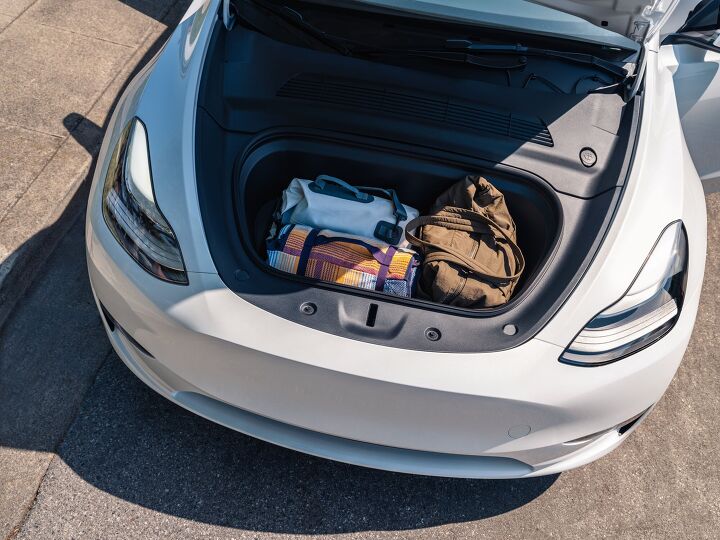
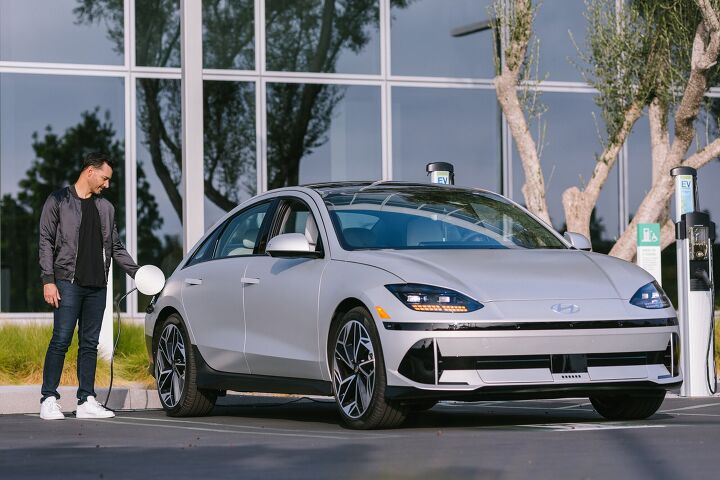
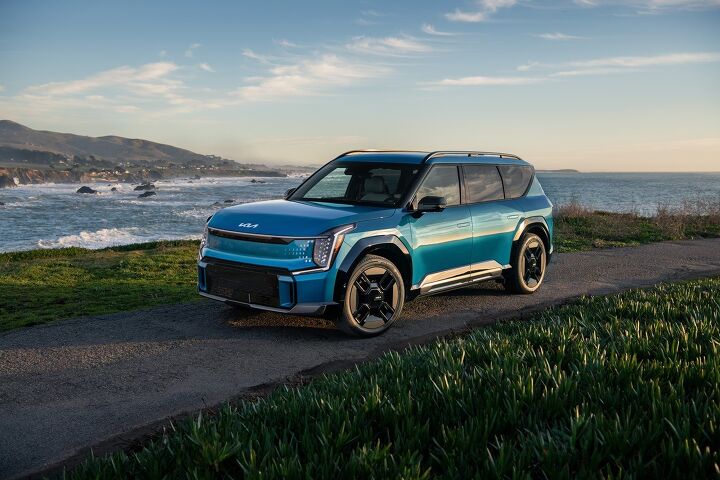
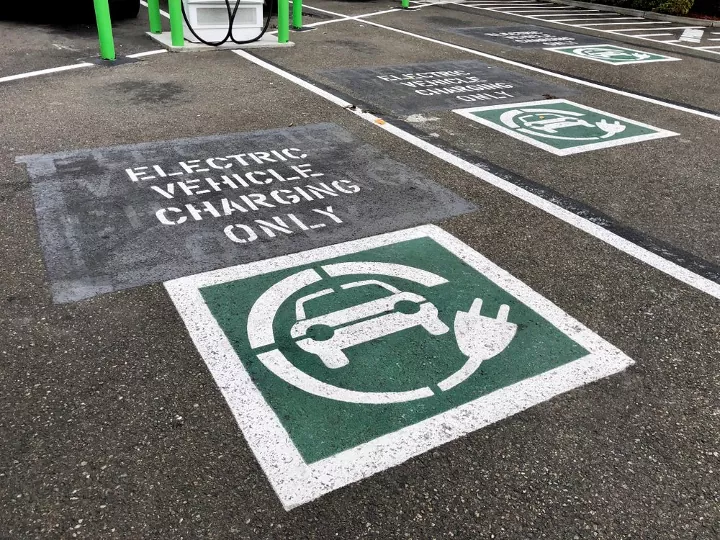
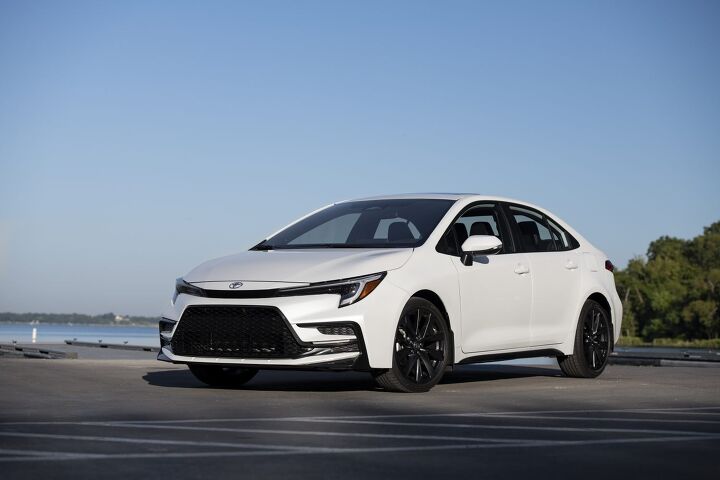




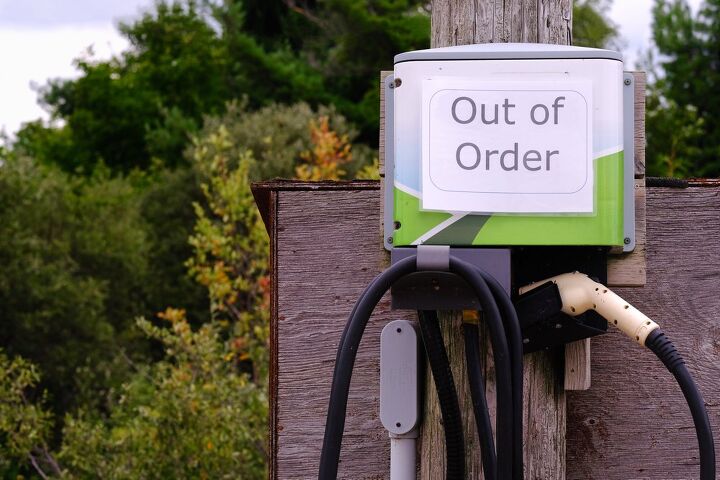




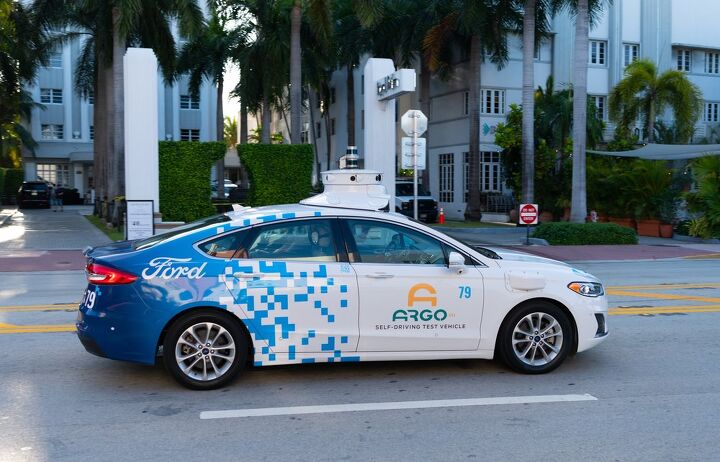












Recent Comments